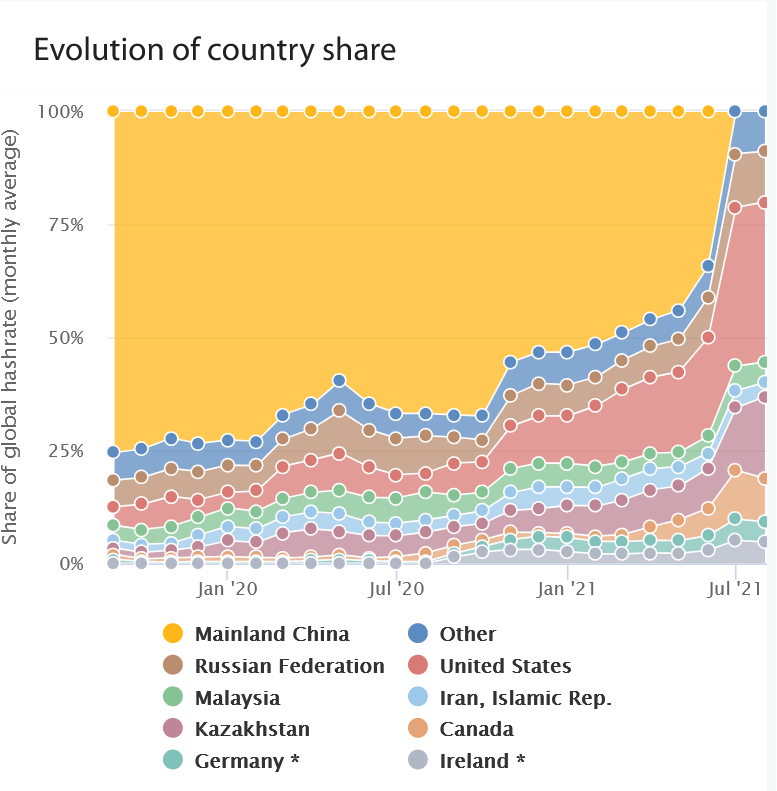Technology Industry 4.0 requires staff despite concerns that many jobs will be automated. Analyzes show that most companies that invest in digital technologies are experiencing economic growth. This opinion was shared on the air of Bloomberg TV Bulgaria by Prof. Stephen Dont , senior scientist at the Organization for Applied Research TNO, the Netherlands and Assoc. Prof. Vasil Kirov , Institute for the Study of Societies and Knowledge at the Bulgarian Academy of Sciences.
Dont believes that instead of technology replacing the worker, they complement and demand more from the worker. A study from 30 years ago on the impact of technology on work found that the presence of large machines was important before, not the digital connection. While today it is noticed that the workforce in the companies has changed and thanks to the technology there are highly qualified and highly educated workers.
“The connection between technology and people is the focus. This creates good products and services for customers, but workers need to be taught how technology works, ”advises Prof. Stephen Dont.
He believes there will be many in the future employment thanks to digitalisation.
“We have noticed in the last 20 years that employment levels have risen significantly. We do not notice a change in this trend in the coming years, but it will be different in nature – highly qualified people will be sought. “People will have to grow,” he said.
In connection with the scientific conference “Inclusive future for Europe beyond Industry 4.0 and the digital transformation” – BEYOND 4.0, which will be held from September 30 to October 1, Vasil Kirov announced that There will be a discussion of experts on digital transformation.
Debates will be structured in several directions: what are the effects of digitalisation on employment and work.
According to Kirov, there are two main ideas and two extreme scenarios – that automation will cause some professions to disappear, and the other point of view is that it will create new jobs.
Dont reported forecasts for the US labor market, which show that 47% of occupations can be automated, while the opposite view states that routine operations will be eliminated from the new professions and this requires the staff to be more qualified, as well as to know better the needs of the clients.
Kirov added that in the future there should be a fair transition and digitalisation that benefits everyone, because sometimes technological change leads to greater divisions.
What is the impact of technology on the workplace? process and how did it affect Covid-19?
See the whole conversation in the video of
Bloomberg TV Bulgaria .
Videos with all guests of the show “In development” watch here .
Note: This article has been indexed to our site. We do not claim ownership or copyright of any of the content above. To see the article at original source Click Here













